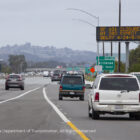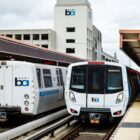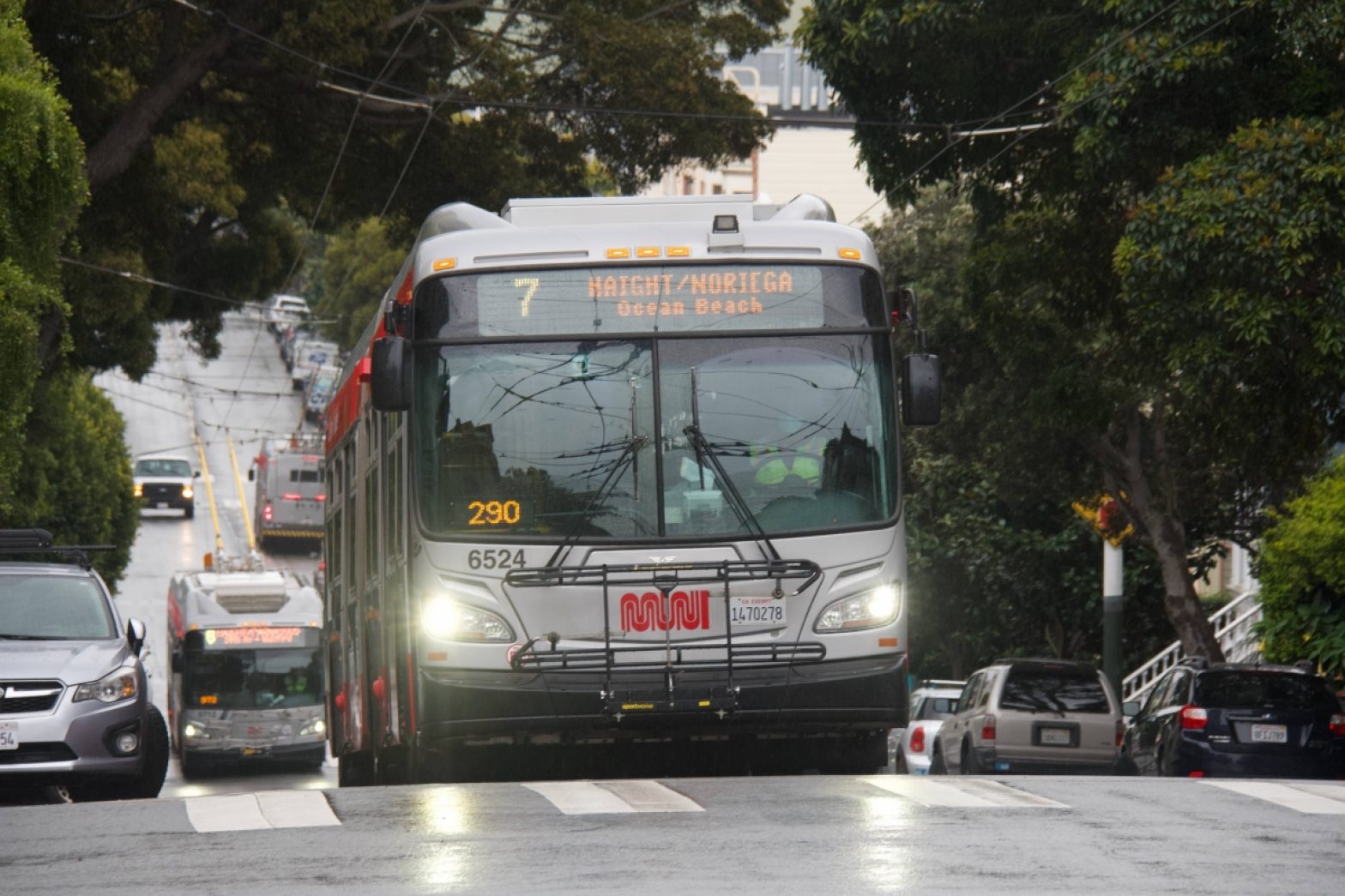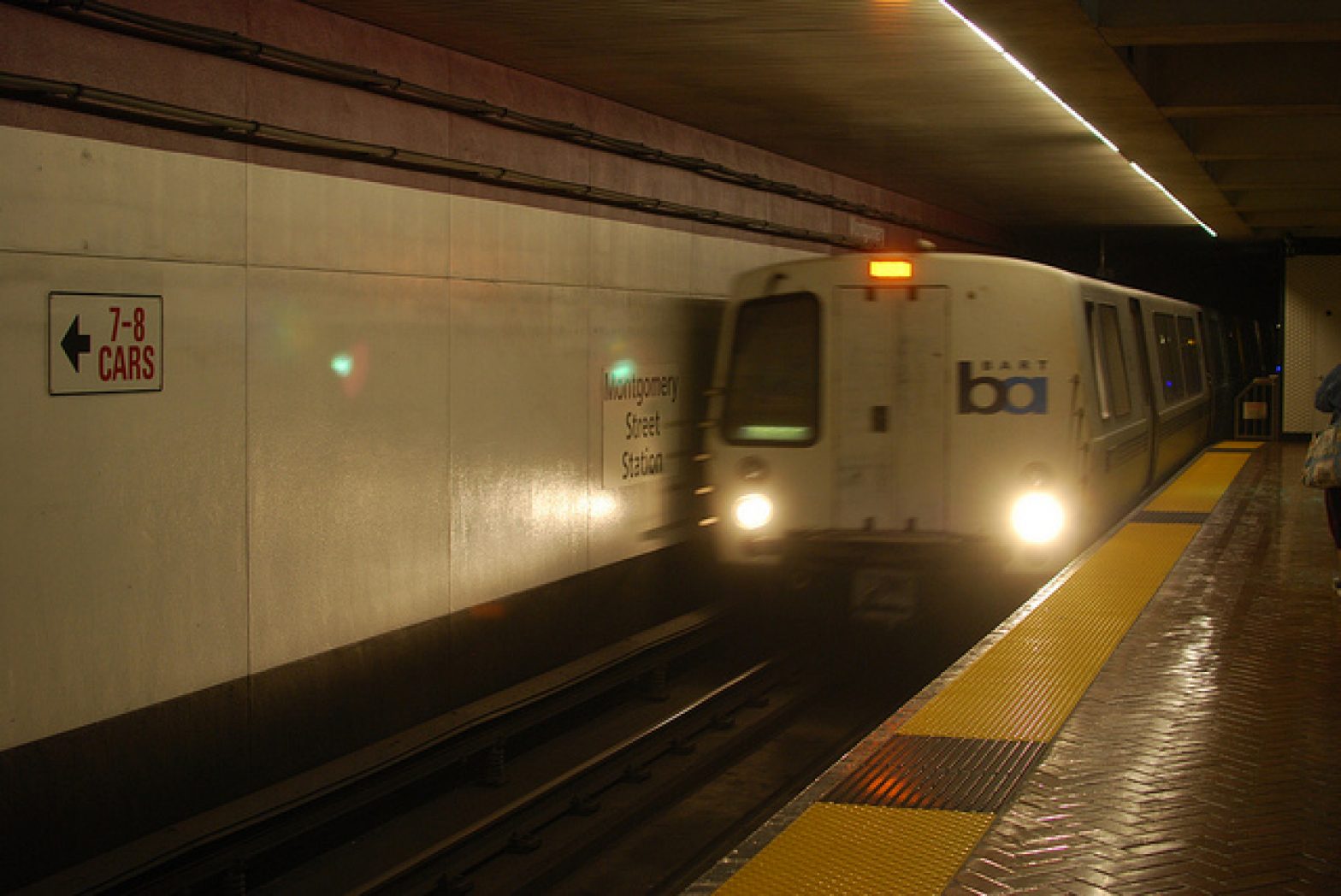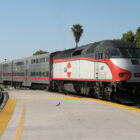Transportation
Soaring Uber, Lyft Prices Send Passengers to Taxis, but Drivers Still Struggle
Marg Gruberg, a San Francisco taxi driver since 1983 and a board member of the San Francisco Taxi Workers Alliance, talked with “Civic” about what this has meant for cab drivers and how he and others have stayed busy with advocacy even if they haven’t been driving in the pandemic.

